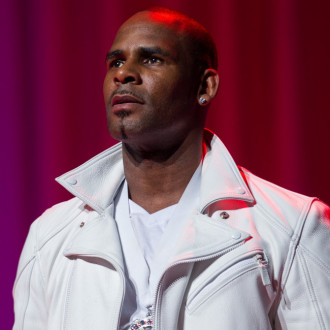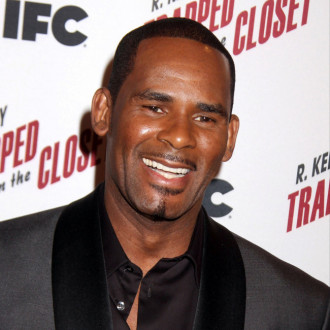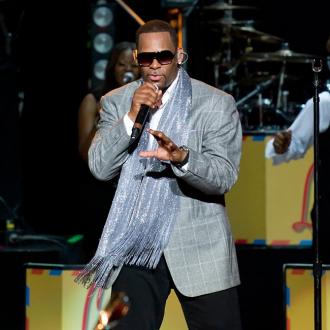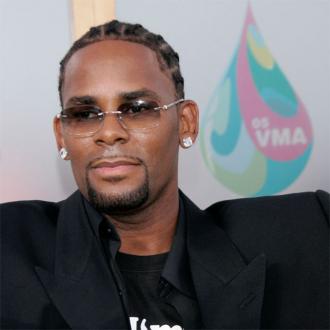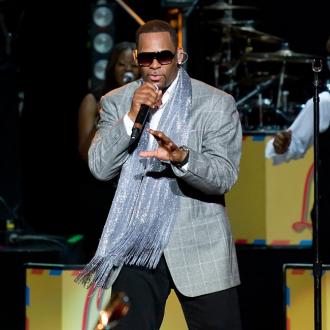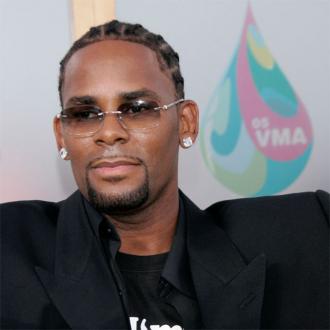Nobody Knows What To Make Of R Kelly's 'Black Panties,' Even The Critics
By Victoria Pavlova in Music / Festivals on 10 December 2013
There's a lot to be desired from "Black Panties", but the reviewers are still pretty favorable.
So, uh, R Kelly has a new album out and music critics across the land have taken it on, albeit grudgingly. The record is titled Black Panties, which really does encompass all the main themes and messages, so we could just end this here. Unfortunately, people still have to write about it online, because that’s how the music industry works.

New album, same old song and dance.
Of course, there’s nothing wrong with liking R Kelly or Black Panties, despite a whole article’s worth of truly ridiculous lyrics. Take Entertainment Weekly’s Nick Catucci for example, who eloquently notes: “The virtues of prayer, marriage proposals, and pleasure-giving seamlessly combine when he sighs ''I wanna go down on my knees'' in ''Marry the P---y,'' while ''Shut Up'' spreads gospel to haters.”
No, you don’t need to go back and re-read that – the album actually features a song, called “Marry the P---y.” Now would be the time to contemplate the fate of Western civilization. Catucci notes that this isn’t exactly the R Kelly we all know and love and that this album won’t do much to humanize him in the eyes of the “haters”, but that it is still a solid record with a much more weary tone.

There might be some redeeming qualities to the album after all.
Newsday’s Glenn Gamboa, on the other hand, sums it up thusly: “What sets his […] "Black Panties" (RCA), apart from the rest of the work is that he's really only singing about sex now.” Giving the record a somewhat generous B grade, Gamboa tells us that there are still redeemable qualities to Black Panties – the rebirth of slow jams and “electronic cool” for example. Unfortunately all the Marvin Gaye influence in the world can’t save songs like Cookie, where he compares the female anatomy to both an Oreo and a lobster.

Let's just ignore most of the lyrics, shall we?
Consequence of Sound’s review takes the album in an entirely different direction – refreshingly direct instead of exhaustingly repetitive. Caitlin White notes that on first glance, Kelly’s explicit descriptions of the female body could be taken as empowering, if deeply problematic at the same time.
Then again, “repeated listens make Kelly’s fixation […] feel less liberating and more like the same old sexism cloaked in liberal language.” Aside from its lyrical themes, however, the album does still follow in the R&B tradition of rebellion and releasing pent up frustration. Maybe there is enough naked expression (“naked” being the operative word here) to make this worth a listen, but one would be enough to cement the point.

If you aren't already a diehard fan, this isn't the album to start with.
Contactmusic

